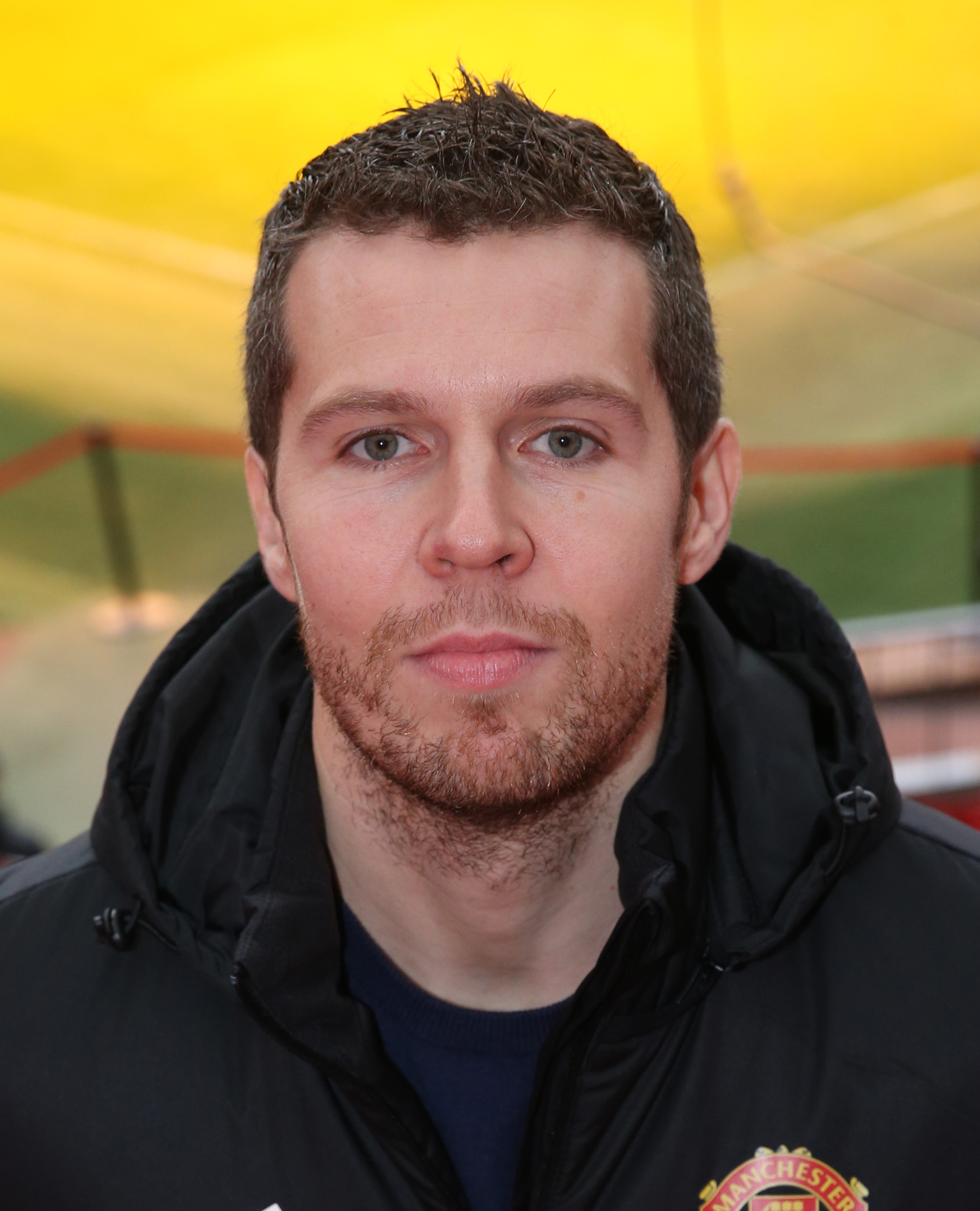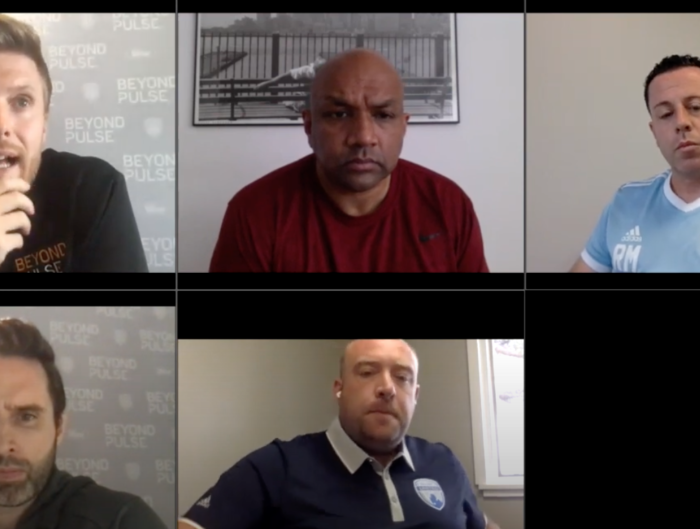Patience, the old adage says, is a virtue. Few players in football bear out that truism as emphatically as Jesse Lingard.
When the tricky playmaker smashed home the winning goal in Manchester United’s 2016 FA Cup final triumph over Crystal Palace, the goal capped a season’s work for the club, but 16 years’ endeavour for the boyhood Red.
Jesse had been at United since the age of seven. His journey to hero status had taken a relatively long time at a club where fledgling talents like Marcus Rashford, George Best and Bobby Charlton – and many more – have gone from the youth team to centre stage in their teens.
#tbt just a little boy chasing a big dream 🤷🏾♂️❤️#mufc @ManUtd pic.twitter.com/yhGgaQyYpv
— Jesse Lingard (@JesseLingard) March 2, 2017
Patience has been the hallmark of Lingard’s career to date. Not only has he shown it in abundance, it has been shared by his coaches all the way. Due to his tiny size and physical fragility, Jesse needed to be strategically used in United’s youth teams. At 18, he still played with the under-16s. He embarked on his first loan deal at 19, had two more the following season and finally made his United debut at 21, on the opening day of the 2014/15 season.
Having waited two-thirds of his life to play in the Premier League, Lingard’s dream quickly became a nightmare. He suffered a serious knee injury after 24 minutes and didn’t play again for United all season, instead taking another loan deal towards the end of the campaign to notch up more valuable playing time. The following term, he spent the first 13 games of 2015/16 on the sidelines, excelled as a substitute against Everton and has hardly missed a match since.
#FrobackFriday – Dreaming Of Getting Where I Am Today 🙏🏾 #HardWork #Dedication #JLingz pic.twitter.com/PNvOZzYhk2
— Jesse Lingard (@JesseLingard) August 24, 2018
For Lingard to end his breakthrough season as the Reds’ hero, and subsequently become a first-team fixture for United and England, is not only validation for his ability; it backs up everybody who stuck by him every step of the way.
At United, they know that greatness can take time. George Best returned to Northern Ireland through homesickness before being coaxed back to Manchester; Paul Scholes missed spates of youth games due to asthma; David Beckham worried that he was being edged out of the club when he was sent on loan to Preston North End. One of United’s strengths has always been the unwavering faith and patience of their finest coaches.
Last year, I was fortunate enough to interview Tony Whelan, an Academy coach who has worked at United for over 25 years. The subject matter was Jesse, and the half-hour chat was one of the most enjoyable I have ever conducted.
“I remember as a boy how special it was to see somebody score a winner in the FA Cup final,” he beamed. “To see somebody grow up, then go and do that, it gave everybody in the Academy a great lift. It made us feel so proud of him as a person because we understood what his journey had been and what sacrifices he’d made. The fact that he’s the boy that he is, such a charming young man, a mischievous young lad and a joyous young player, it made it even better. To see the boy reach the end of the journey, to become a professional and score a goal at that level, of that magnitude, in such an iconic match, in such a way, it really is paternal pride that you feel.
“If you look at the superb technique and superb timing of that goal, he had that at a young age. To see those talents nurtured, see them come through and come to fruition, to see the ultimate expression of them in an FA Cup final, with the winning goal, is very, very special. It’s very humbling as well to think: ‘I know that boy, and he knows me.’”
– Tony Whelan
Manchester United is well established around the world as a trophy-gathering, money-making machine, but it is also at heart a family club, and it is that familial feel which breeds genuine emotion inside the place. There is no faking the pride provoked by the success of homegrown youngsters and, while the 2016 FA Cup victory was a momentous occasion for the whole club, no department enjoyed it more than the club’s Academy, where everybody had watched a boy painstakingly become a man. The smallest kid in the youth team had lived the biggest dream imaginable.
Jesse would have been overlooked and cast aside at any other Premier League club, but coaches throughout the United Academy shared his belief that, despite his shortcomings, he could succeed. They ensured that he did. The developmental talent of coaches like Tony Whelan, the professional eye of Academy chief Brian McClair – who handed a berth in the club’s development programme to Lingard ahead of robust boys equipped to cope with the game’s physicality – and the guts of manager Louis van Gaal, who gave Jesse his senior break, all combined.
Dreams Come True And Hard Work Pays Off. Now Lets Geddit 💪🏾#WorldCupBound 🦁🦁🦁 #Lingland #JLingz pic.twitter.com/KsEcgTeoOQ
— Jesse Lingard (@JesseLingard) May 16, 2018
At whatever level of whichever sport, relationships between players and coaches are crucial. Whether it’s an individual developing an entire youth squad or a skills specialist conducting one-on-one sessions with an established superstar, human connections make the process work. They may take time, but patience in such situations is most definitely a virtue.
Just ask Jesse Lingard.
–
About the author:
Steve Bartram
Steve is Features Editor at Manchester United. Since joining the club in 2003, Steve has interviewed the great and good of United’s history, including iconic figures from yesteryear such as Sir Bobby Charlton and Denis Law, right up to modern legends like Cristiano Ronaldo, Paul Scholes, Ryan Giggs, Roy Keane and Wayne Rooney. During his career, Steve has also written and co-written several books on United, while contributing pieces to the Blizzard, the Football Association and various other media outlets.

 FRA
FRA































